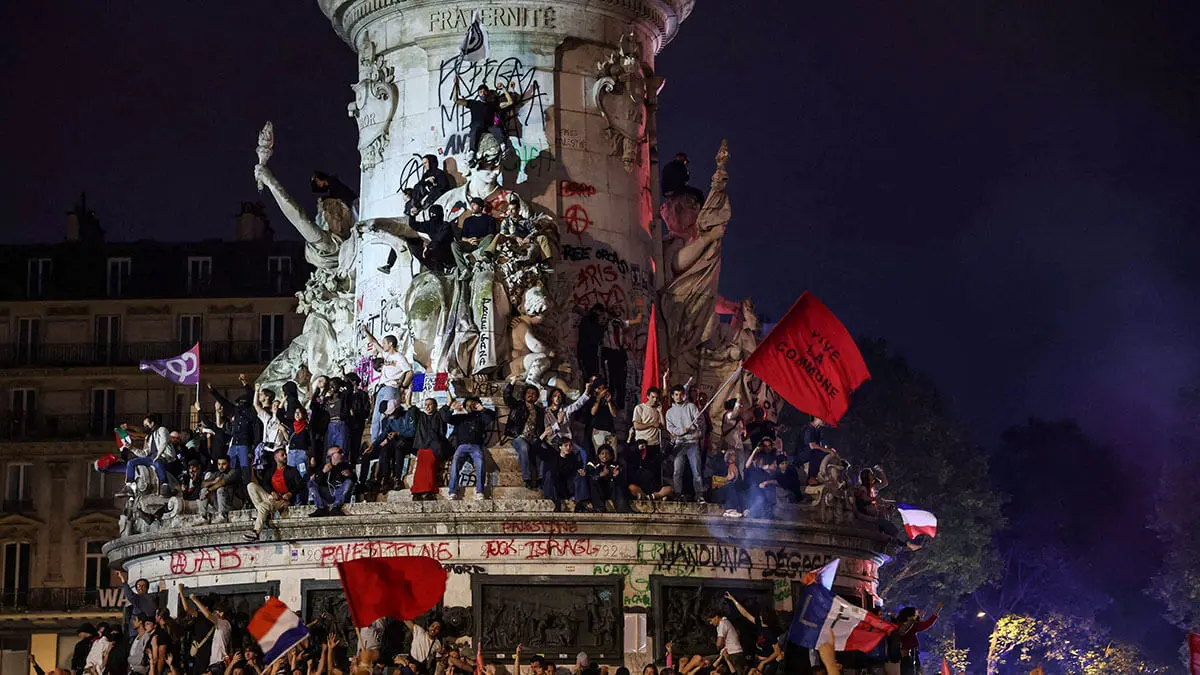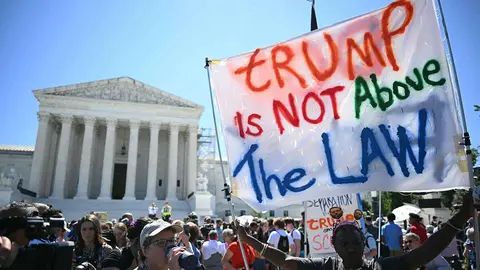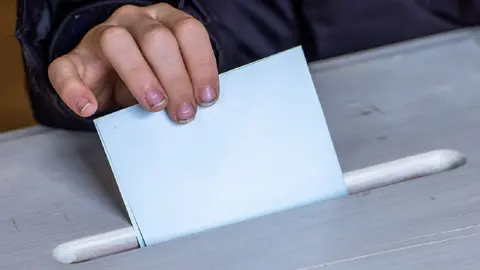Fear

Fear is free, and each one of us turns it on what he or she darkness, rats, pain, loneliness, loneliness, the plane, open or closed spaces, to lose what we feel, open or closed spaces, of losing what we have or of not getting what we want.
Choose for yourself what you are most afraid of and you may end up forming a large club with those who share your phobias.
Sometimes fear is irrational, as some people fear what does not exist, from ghosts from ghosts to witches to demons. At other times the fear is of disappointing, of not living up to, of not fulfilling the expectations that someone has placed on us, fear expectations that someone has placed on us, fear of what others will say or think of about us. Sometimes fear can prompt us to act before the situation we fear or, conversely, it can paralyse us if it turns into sheer terror of what lies ahead.
In other words, fear is part of our most basic instincts and it can be good or bad, depending on how it is seen, depending on whether it helps us and protects us, or it hinders us and paralyses us. Because we are all afraid, from the bullfighter when he is centimetres away from the sharp horn of the bull, to the Israeli soldier advancing amidst smoking ruins and Palestinian corpses, from the one who fears losing his job to the one who feels cold sweats before appearing before the examining board. From the woman who is about to give birth to the husband who waits outside, anxiously crossing his fingers in a silent prayer that "all will be well". We've all felt the tingling in our stomachs at one time or another, the dry mouth and that unpleasant smell of rotten almonds that is what fear smells like.
Don Francisco de Quevedo said something to the effect that fear is something to be should be kept, but never shown, because that fear also helps us not to commit more imprudence than is strictly necessary, although there will always be those who will go "puénting" or climb with bare hands up vertical walls to the point of making other people's palms sweat just by watching them on TV. They also feel fear, but they are motivated to overcome it and then suddenly unload all the adrenaline they've built up. I admire them without daring to imitate them.
Fear also reaches politics, as is shown by the fact that in the second round of the elections that in the second round of the French elections a "republican front" has been formed between the centrists "Republican front" between centrists, liberals and various left-wing parties was formed in the second round of the French elections, in an attempt to halt the advance of Marine Le Pen's Rassemblement National and her dauphin Bardella to the Matignon palace. And although his party was the most voted, they have succeeded, although it will not be easy to form a majority that can now govern.
We were afraid that this Eurosceptic right-wing party would renationalising politics and slowing down the process of European integration, while betraying our values on immigration or gender equality. And that is why we are joining forces to try to contain with a band-aid what is already haemorrhaging in many other countries, including Spain, a haemorrhaging product of the discontent and fear of so many citizens left behind by the technological and digital revolutions, by neo-liberal capitalism and globalisation that destroy jobs.
That is the problem, the rise of right-wing and left-wing populisms is only its most visible consequence. And since we cannot go against time, which Stephen Hawking has already shown to be an arrow that always moves forward and never turns back, what we must do is regulate these global challenges in order to reverse their pernicious effects and keep only the good ones, of which there are many of them. What happens is that the global geopolitical environment is not conducive to the negotiations that are conducive to the negotiations that are needed to do so. No one said it would be easy.
Gramsci said he preferred the optimism of will over the pessimism of reason and I could not agree more, adding that I also prefer it to the paralysis of reason. I also prefer it to the paralysis of inaction caused by fear and mistrust. Because what we fear does not cease to exist just because we stick our heads into a hole in the ground like ostriches do when they sense danger close by. It is always better to look into the eyes of our challenges, however daunting they may seem to us, because only in this way can we only then will we be able to overcome them. It is not for nothing that our future depends on how we face together climate change, health security, nuclear proliferation, growing poverty and inequality in the world, the regulation of Artificial Intelligence to prevent it from dominating us? These are tremendous challenges that underline that what we should fear most is fear itself because it leads to the paralysis of inaction.
Jorge Dezcallar



